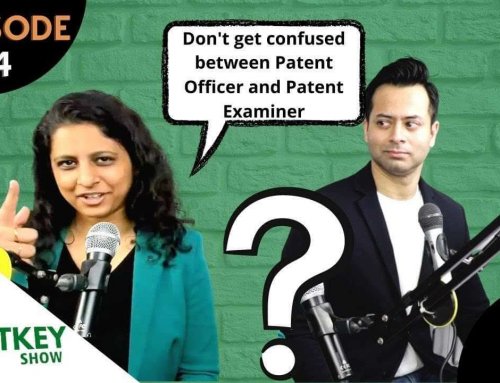Plagiarism is the term that still remains unclear, “wrongful appropriation” and “stealing and publication” of another author’s “language, thoughts, ideas, or expressions” and the representation of them as one’s own original work.
The concept of plagiarism emerged in Europe in the 18th century. The idea remains problematic with unclear definitions and unclear rules. The modern concept of plagiarism states it as immoral.
At times “extreme plagiarism” has been identified in Academia and Plagiarism is considered as an academic dishonesty and a breach of journalistic ethics. It is subject to sanctions like penalties, suspension, and even expulsion.
Plagiarism itself is not a crime, but can constitute copyright infringement. In academia and industry, it is a serious ethical offense. Plagiarism and copyright infringement are not equivalent concepts but they overlap to a considerable extent. And many types of plagiarism do not constitute copyright infringement, which is defined by copyright law and may be adjudicated by courts.
Plagiarism is not defined or punished by law, but rather by institutions including professional associations, educational institutions, and commercial entities, such as publishing companies.
2012, was the initiation of the saga of Matthew Whitaker’s plagiarism, he is a State University professor at Embattled Arizona. He is the Author of the book Race Work: The Rise of Civil Rights in the Urban West, Other faculty at the school noticed questionable passages in his 2011 book. Whitaker alleged that his colleagues were out to get him because they were upset over his promotion due, at least in part, to his race.
But according to ASU investigation, it concluded that there were copied passages said there was no evidence of systematic plagiarism and no action was taken against him.
However, in 2015 similar questions were raised about his 2014 book Peace Be Still: Modern Black America from World War II to Barack Obama. The school, after investigating the new claims, opted to demote Whitaker, taking him from a full time professor to an associate.
Whitaker was facing another controversy, through his consulting firm at about the same time he had been awarded a $268,800 contract by the Phoenix Police Department to provide “cultural consciousness training”. He prepared a Power point show to present before the audience. However, following his demotion and controversies over how the contract was awarded, many began to call for the contract to be revoked.
One Phoenix City Councilperson looked into a presentation Whitaker had and discovered that, of the 84 slides he presented, 52 were either exact or nearly-exact copies of a similar presentation by the Chicago Police Department. Once “non-content” slides were removed, only 7 were original.
Whitaker, after facing lot of plagiarism issues, in the latest turn, has now agreed to resign from ASU. However, his resignation will not take effect until May 17, 2017 and nothing is a loss for him, he will receive more than $200,000 in salary until then as well as $25,000 in attorney fees.
As for the city of Phoenix, Whitaker is not only refusing to return the money he has been paid, but has said he is owed more. Finally, he agreed to resign as a Professor.
Keywords: Plagiarism, copyright infringement, Whitaker, Embattled Arizona





